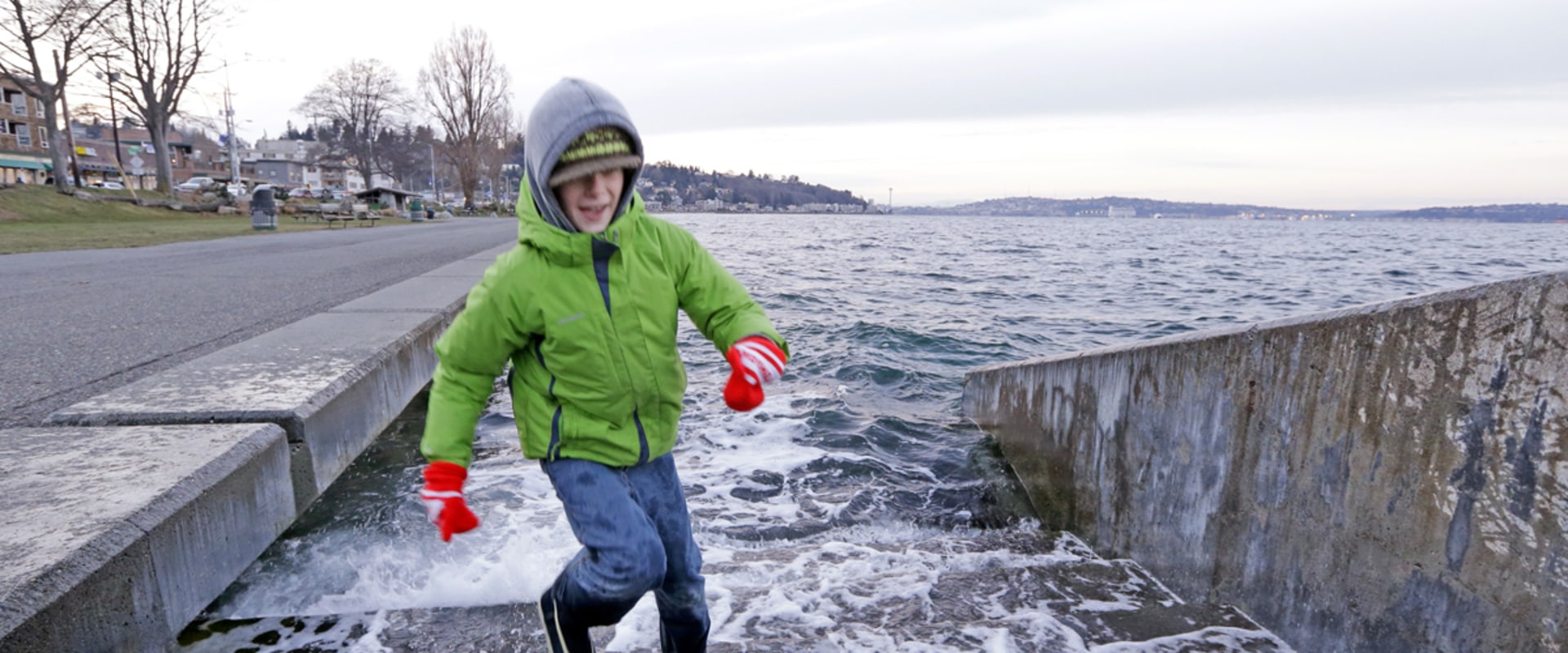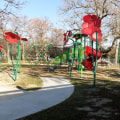Southwestern University has earned a reputation for being an environmentally responsible institution, and this has been achieved through the hard work of students from organizations such as Students for Environmental Activism and Knowledge (SEAK).
SEAK
's mission is to improve sustainability policies, educate and engage the Southwestern community on environmental, energy and conservation issues, and create a cleaner and more sustainable future. To achieve these goals, the organization has implemented various initiatives, such as the National Environmental Education Foundation (NEEF) and Earth Commons. NEEF is a leading national organization for lifelong environmental learning, providing people of all ages with opportunities to experience and learn about the environment.Earth Commons is an initiative that focuses on important environmental issues such as environmental justice, climate change and energy transitions, environmental health, food and water security, and the conservation of biodiversity. Raising public awareness is an essential part of SEAK's mission. However, it can also be counterproductive in some cases. For example, the demand for slow lorises as pets has increased due to public awareness campaigns, putting this animal in danger of extinction. In Georgetown, TX, environmental organizations are also working to raise awareness about environmental issues. For instance, Zúñiga, a history student with a double specialization in biology and health at Southwestern University recently investigated the local outbreak of gastrointestinal diseases caused by unchlorinated wells in Georgetown in 1980.
He emphasizes the need to educate both members of the Soviet Union and those of the local community about the importance of environmental issues such as sources of clean drinking water. Georgetown has also created a new institute to accelerate action, research and education on the most pressing environmental and sustainability challenges. The Capital Area Council of Governments (CAPCOG) provides centralized coordination to the Working Group which provides support with technical expertise, outreach, education, and training in environmental law. In addition, CAPCOG staff coordinates grants and provides technical assistance and participates in educational activities and in the coordination of regional environmental management. This information can be used to investigate the possible locations of new continuous monitoring stations, measure pollution levels in areas not covered by existing monitors, measure the impacts of certain source areas, measure the contribution of urban emissions to rural areas, determine trends in the composition of volatile organic compounds in the atmosphere, etc.




